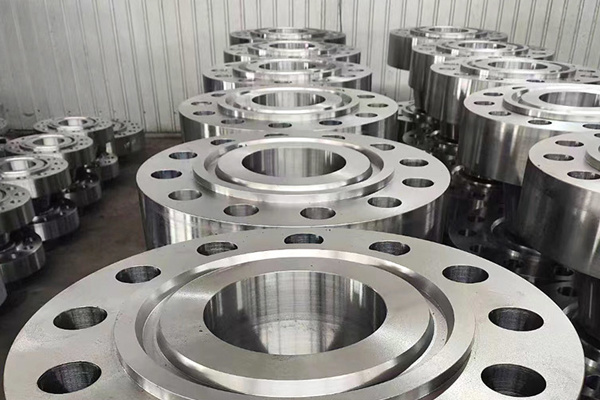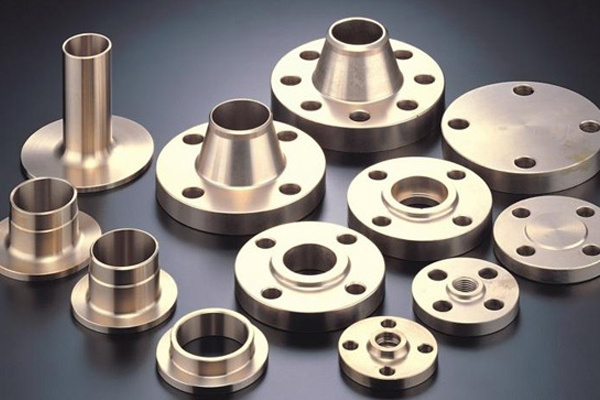A brief discussion on the application of petroleum casing in industry
2024-12-06
Petroleum casing plays a critical role in the oil and gas industry by providing structural support and ensuring the integrity of oil wells. Casing is typically composed of steel pipes that are inserted into the drilled hole and cemented in place to prevent the collapse of the wellbore and the migration of fluids from different geological formations.
The primary function of petroleum casing is to protect the well from external pressures, prevent the collapse of the wellbore, and facilitate the extraction of oil and gas from the reservoir. Casing also helps to isolate different geological formations, prevent contamination, and reduce the risk of blowouts and other drilling hazards.
In addition to providing structural support, casing also serves as a conduit for the extraction of oil and gas from the reservoir to the surface. Casing is equipped with a series of perforations that allow oil and gas to flow into the wellbore and be transported to the surface for processing and refinement.
Petroleum casing is available in a variety of sizes, weights, and grades to suit different drilling conditions and geological formations. Casing is typically classified based on its diameter, thickness, and strength, with larger and heavier casing used in deeper and more challenging drilling environments.
Furthermore, advancements in casing technology have led to the development of specialized casing materials and designs that can withstand high pressures, temperatures, and corrosive environments. In some cases, composite materials, such as fiberglass or carbon fiber, are used to replace traditional steel casing in corrosive or high-temperature wells.
Overall, the application of petroleum casing in the oil and gas industry is crucial for ensuring the safety, efficiency, and productivity of oil and gas exploration and production operations. Casing provides the necessary structural support, protection, and containment to maintain the integrity of the wellbore and facilitate the extraction of oil and gas from the reservoir.
In conclusion, petroleum casing plays a vital role in the oil and gas industry by providing structural support, protecting the wellbore, and facilitating the extraction of oil and gas from the reservoir. With ongoing advancements in casing technology, the industry continues to benefit from improved efficiency, safety, and sustainability in oil and gas exploration and production operations.
Key words:
Professional manufacturing
Pipe fittings
RELATED INFORMATION
API 6A TYPE 6BX flanges and blinds in ANSI/API Spec 6A specification
2024-05-22
The Essential Guide to Carbon Steel Plate Flanges in Construction and Decoration
2024-05-22












